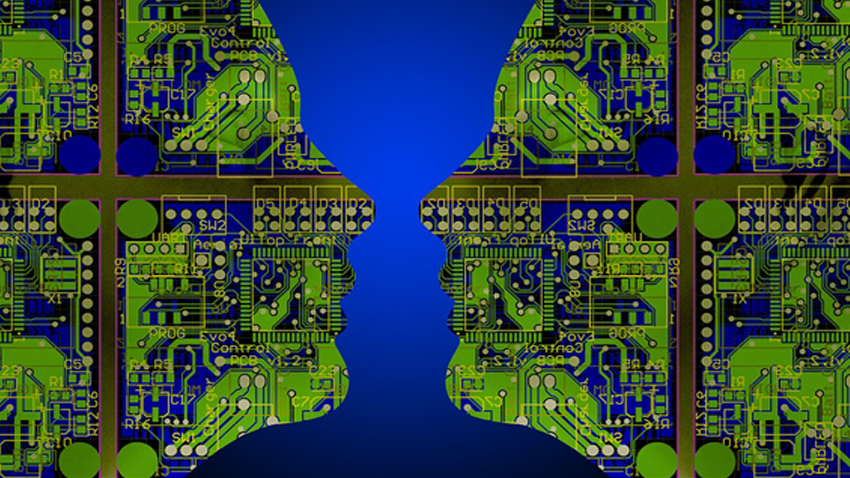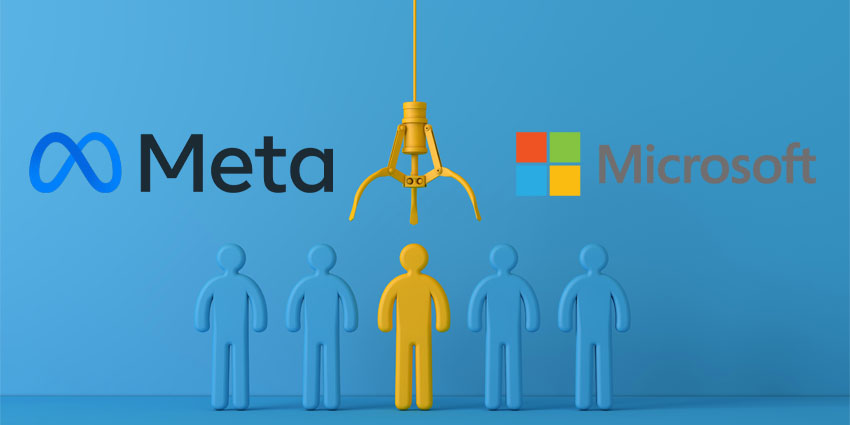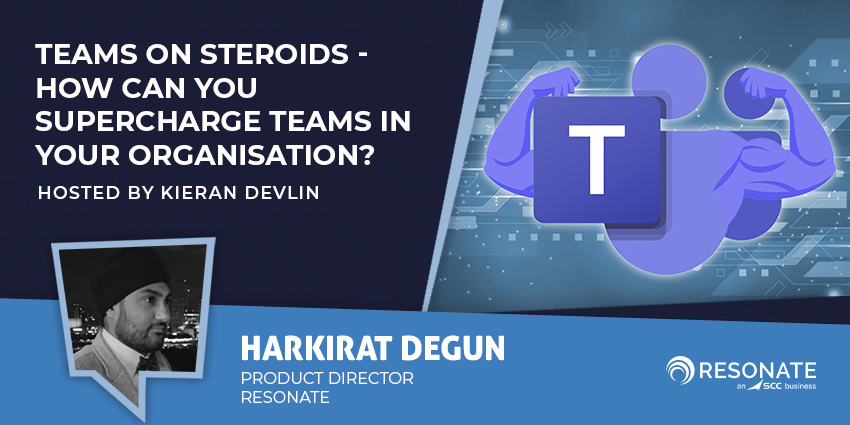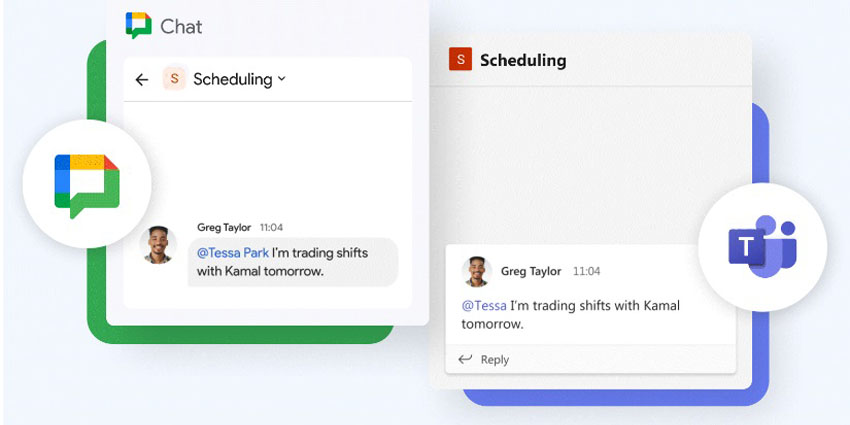If collaboration tools could understand the context of your words, and deliver the solutions you’re looking for, how much time would that save? It would be like having another person in your office – something that Cisco Systems is trying to accomplish, partially through their $125 million acquisition of MindMeld.
Cisco are hoping to implement the MindMeld AI platform within its collection of collaboration services, allowing users to build human-like and intelligent conversational interfaces for various devices and applications. With AI, collaboration tools can be more efficient, effective, and innovative.
Cisco has been looking for ways to deliver AI through its collaboration tools for some time. For instance, in 2016, they partnered with IBM to integrate Watson AI with their collaboration solutions. In July 2016, they also previewed Monica, the digital assistant for the Spark Collaboration platform. Monica uses directory and scheduling information through machine learning to participate, assist, and act in collaboration.
New Solutions Thanks to MindMeld
The proprietary machine learning technology introduced by MindMeld will improve the accuracy of chat and voice assistants, allowing users to interact with them in a more natural way. The application programming interface for MindMeld is currently being used over 1,200 global companies, and customers include Intel, Samsung, Google, IDG, Spotify, Telefonica, and In-Q-Tel, a CIA investment solution.
The MindMeld AI technology could lead to new conversational interfaces for Cisco collaboration products, updating ease of use and allowing for new cognitive capabilities. For instance, users should be able to interact with Spark through natural voice commands, allowing for an experience that’s customised to specific work industries. The goal is to deliver that technology to conference rooms, as well as video and voice conferencing solutions everywhere.
According to the senior vice president and general manager for the Cloud Collaboration Tech Group, Jens Meggers, Cisco considers AI to be a necessary component of future collaboration tools. To him, intelligent collaboration is an “unstoppable trend”.
Using AI to Enhance Collaboration Tools
So, how exactly could collaboration services like MindMeld, and those that use natural language processing improve collaboration? MindMeld can aggregate information from its customers, making it more intelligent and accurate. It gives businesses the chance to control data while providing a base of data that gets them around that “cold start” time when AIs need to learn before they can become useful.
Once Cisco begins to integrate MindMeld technology into their products, the possibilities are endless. A group of doctors that use a room that includes a Spark Board could request confidential health records and information from the device, or project teams could ask a Spark Board to find the most relevant information on gas and oil.
Cisco has found that if users are going to have more natural and conversational interactions with their enterprise collaboration tools, then they need to introduce something new, and innovative, while doing most of the heavy lifting. As the amount of workplace data continues to grow, an AI capability that can be accessed through messages and speech could help to drive the future of work.







